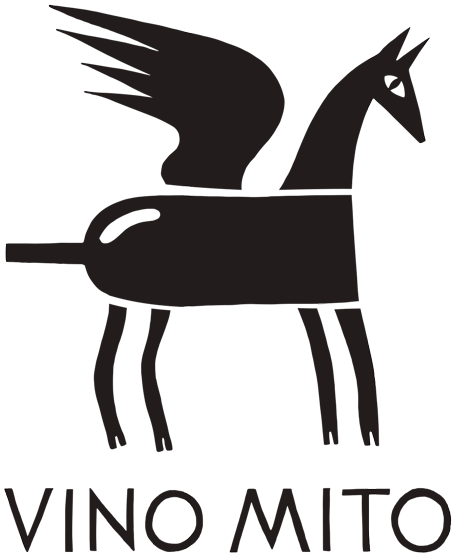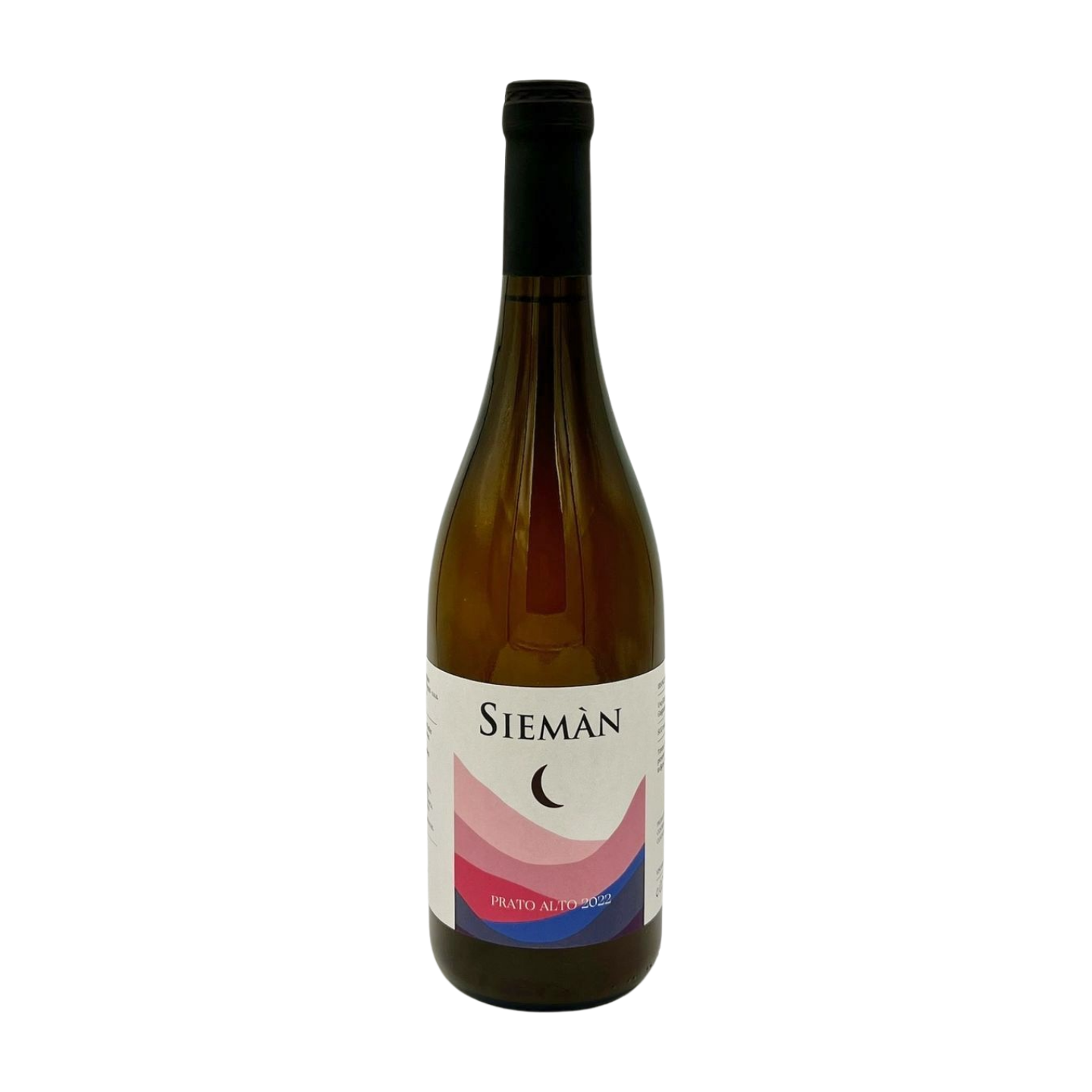Siemàn
Villaga (VI) - VENETO
The Siemàn farm is located in Villaga in the province of Vicenza. The name means six hands in the Venetian dialect, a reflection of the fact that the farm is run by three brothers. Marco, a health professional, Daniele an engineer and Andrea an accountant passionate about wine and beer, decided to totally change their lives by dedicating themselves to agriculture and wine production.
Their journey started in 2013 in the cellar of Angiolino Maule - the ‘godfather’ of the natural wine movement in Veneto. Under his supervision they made a handful of wines without a label. In 2014 they made enough wine to sell and in 2015 they bought a small hilly plot where they are now, in the Berici Hills, in the heart of Veneto region. A year later they started making beer using the same philosophy with which they made wine.
The farm comprises around nine hectares, of which four are planted with vines. Biodiversity is encouraged: a wide variety of flowers, plants and wild animals coexist on the farm, among olive trees and woods. The Berici hills were once the bottom of an ancient ocean. The soil is predominantly limestone, with some clay and marine sediment. The hills are of modest altitude and are very wide and open to the wind.
Siemàn’s vines are relatively young and are planted with local varieties such as Tai Rosso (a relative of Grernache), Turchetta, Corbinone, Tai Bianco, Garganega, and Incrocio Manzoni.
The farm has been certified organic since 2017. The work in the vineyard is carried out with scrupulous attention to detail and respect for the rhythms of nature. No synthetic chemicals are used, and they are even trying to replace copper with mushroom-based products to stimulate the natural resistance of the vines.
In the cellar there is no intervention of any kind in any phase of vinification. The wine is fermented spontaneously from yeasts presents on the grapes – and the beers are produced exclusively from the must of the grapes. The wines refine in wood, cement and steel containers to maximise the properties of the grapes. The addition of sulphur dioxide has been almost completely eliminated and only a very small amount is added if strictly necessary.






